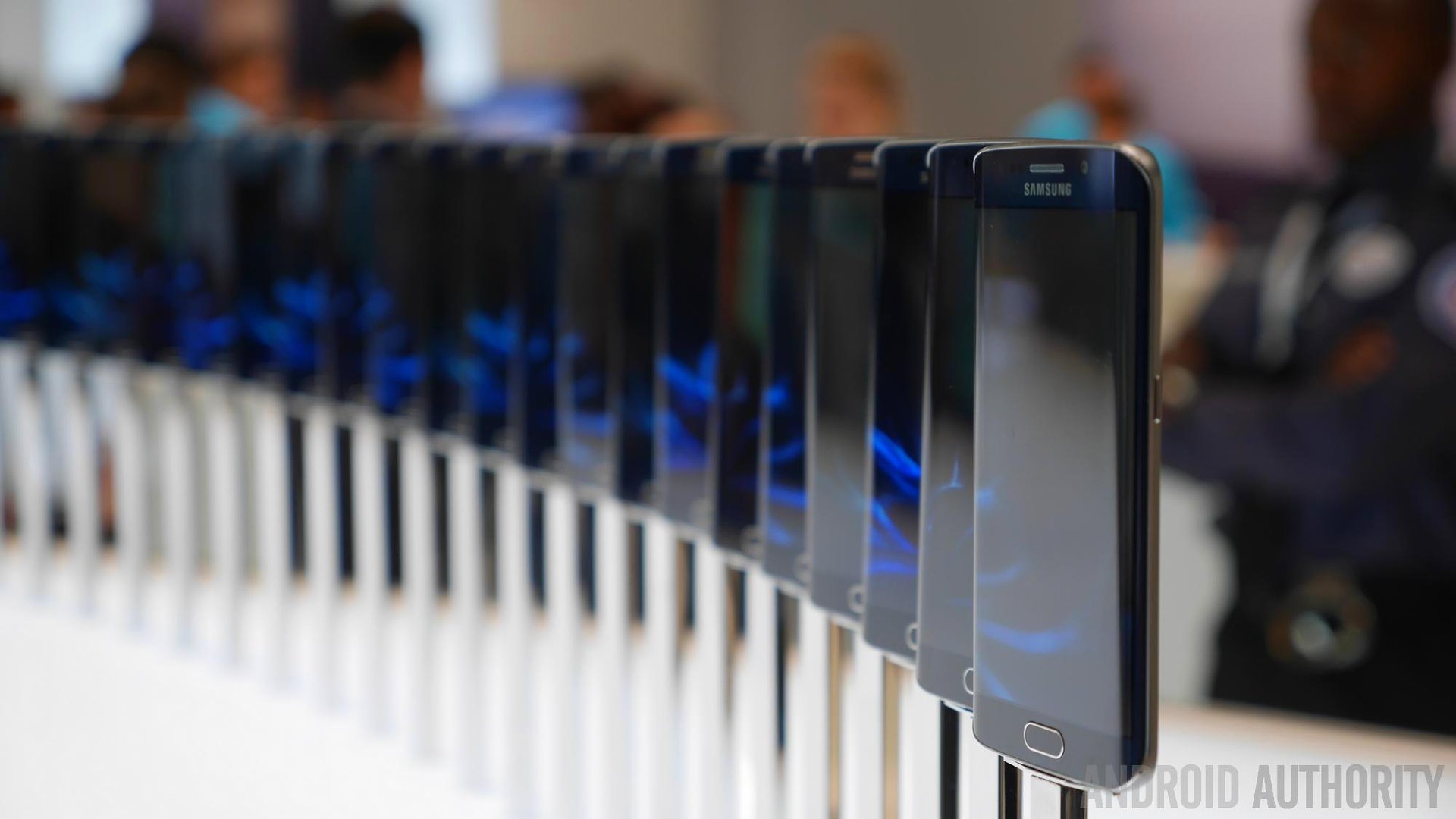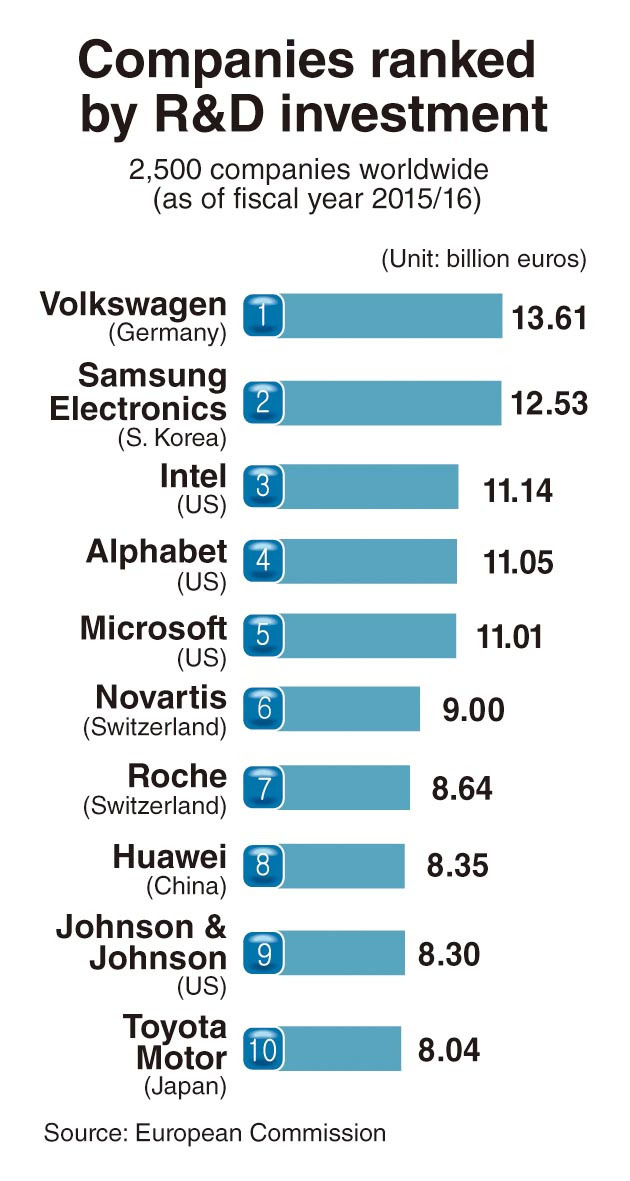Affiliate links on Android Authority may earn us a commission. Learn more.
Samsung invests in R&D more than any other tech company

Samsung Electronics is projected to post solid earnings this quarter, despite the Galaxy Note 7 fiasco. Far from being a deathblow, the recall of Samsung’s premier phone will only have a limited impact on its bottom line, thanks to the company’s leading position in virtually every segment of the electronics industry. But that technological leadership comes at a very steep price.

Samsung spent more than €12.53 billion ($13 billion) on R&D in the last fiscal year, data from the European Commission shows. The EU Industrial R&D Investment Scoreboard puts Samsung Electronics on the second place overall, behind only Volkswagen Group.
Samsung invests in research and development more than any other technology company. It’s trailed by Intel, Google’s parent company, Alphabet, and Microsoft, all with over €11 billion invested in the development of new technologies. HUAWEI, a world leader in telecom equipment, came in 8th with an estimate €8.35 billion spent on R&D in the fiscal year 2015-2016.
While Samsung Electronics trails Volkswagen, the R&D expenditures of the entire Samsung conglomerate (including, for instance, Samsung SDI) likely put it in the first place globally.
It should go without saying that R&D investment is hugely important to consumers. All the flashy features we take for granted today – Quad HD OLED screens, 10nm processors, VR, etc. – were made possible by the hundreds of billions that Samsung and its peers poured into R&D over the past decade.
On a side note, Samsung is just as serious about marketing as it is about R&D. In 2016, the company will spend $3.3 billion on ads alone. This combination of aggressive marketing and technological leadership explains why its rivals, Apple included, have such a hard time competing.